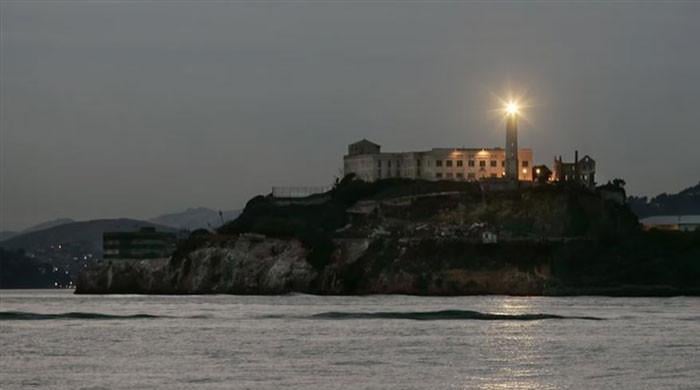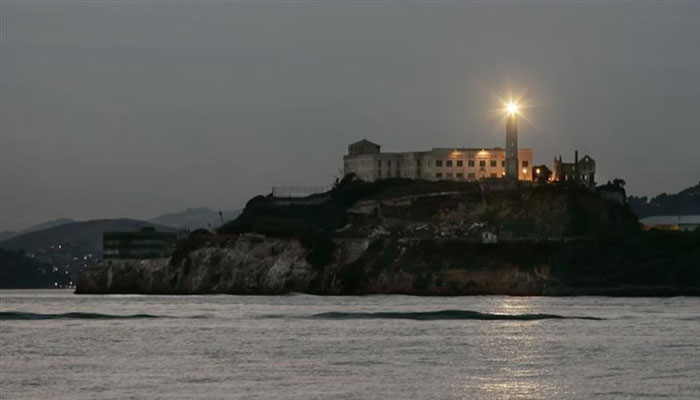US President Donald Trump is set to visit a newly established migrant detention centre this week, located in a remote section of Florida’s Everglades.
Nicknamed “Alligator Alcatraz,” the 5,000-bed facility sits on a former airfield, isolated by swampy terrain and dangerous wildlife.
White House Press Secretary Karoline Leavitt described the site as nearly inescapable, surrounded by alligators and difficult terrain.
When asked about the risks posed by the setting, Leavitt said the natural hazards were a deterrent for those detained, many of whom she referred to as dangerous criminals.
Republican Trump’s visit comes as he is trying to push a huge tax and spending bill through Congress which includes funding for his massive migrant deportation program.
“His trip to this detention facility actually underscores the need to pass the ‘One Big, Beautiful Bill,’ because we need more detention facilities across the country,” Leavitt added.
Florida announced last week that it was constructing the site, which is in the heart of a sprawling network of mangrove forests and swamps in the middle of the Everglades conservation area.
State Attorney General James Uthmeier recently described the 30-square-mile (78-square-kilometer) area as a “low-cost opportunity to build a temporary detention facility, because you don’t need to invest that much in the perimeter.”
The facility’s nickname references the famous former prison on Alcatraz Island, located in the San Francisco Bay, which Trump has also sought to re-open.
“If people get out, there´s not much waiting for them, other than alligators and pythons,” Uthmeier added.
It is expected to cost roughly $450 million per year to operate.
The project is part of a broader campaign of harsh optics which Republican officials hope will discourage migrants from coming to the United States.
Since the billionaire businessman’s return to the White House in January, his administration has enlisted local authorities to help Immigration and Customs Enforcement (ICE) ramp up arrests of undocumented migrants.
While officials highlight the targeting of violent criminals, many migrants without any charges have also been swept up.
The deportation drive has prompted pushback among critics of the crackdown — and recently sparked anti-ICE protests in Los Angeles and other American cities.
Environmental groups have also opposed its construction in a subtropical ecosystem that is home to more than 2,000 species of animals and plants.


